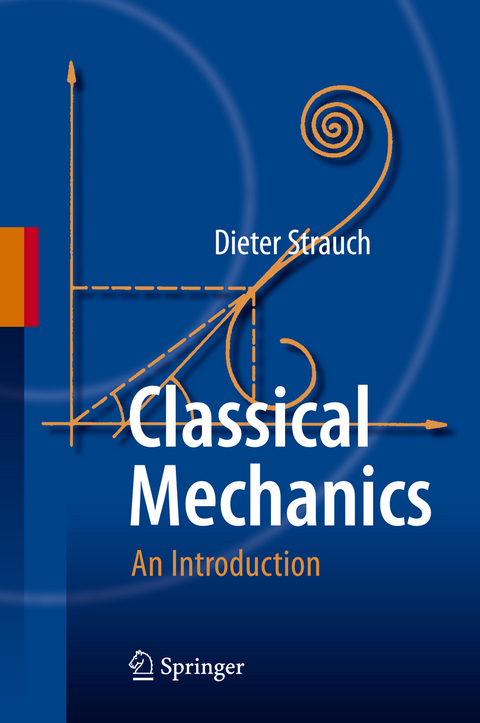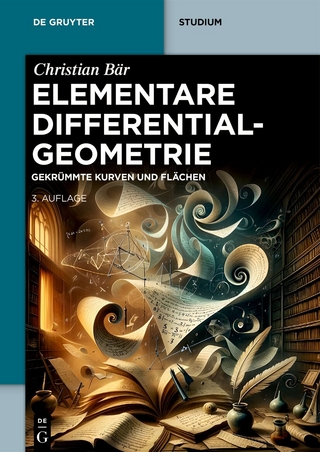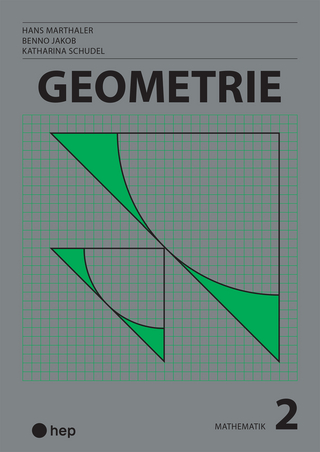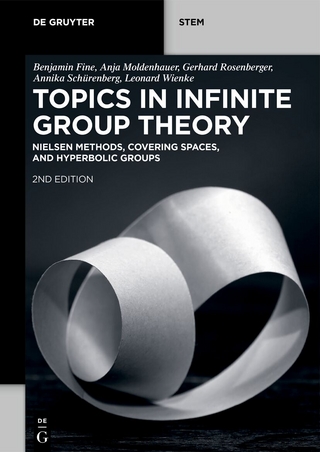
Classical Mechanics
An Introduction
Seiten
2010
|
1. Softcover reprint of hardcover 1st ed. 2009
Springer Berlin (Verlag)
978-3-642-09276-3 (ISBN)
Springer Berlin (Verlag)
978-3-642-09276-3 (ISBN)
This upper-level undergraduate and beginning graduate textbook primarily covers the theory and application of Newtonian and Lagrangian, but also of Hamiltonian mechanics. Numerous examples illustrate the material and often present alternative approaches.
On this Textbook This book has evolved from the series of lecture notes that I had handed out to the physics students at the University of Regensburg in Bavaria,Germany. Overtheyears,variousbitsandpieceshadbeenaddedtothecontentsofthese lecture notes, and others had to be left out for reasons of time limitations. These notes di?ered from the common textbooks, and as the students seemed to like them, I have collected all those pieces in this book. The Scope of this Book The scope of this book is twofold. The reader can learn that alternative sets of the very few principles of Classical Mechanics carry on very far. Thus, the book contains an amount of applications of varying degrees of sophistication. Also, di?erent physical problems require di?erent methods for their solutions with varying degrees of mathematical sophistication. The Organization of this Book In order not to blur the physics with mathematical intricacies, the necessary mathematical techniques are transferred to appendices. The largest di?erence of this textbook from other books on Classical - chanics may be that I have tried to make a particularly strong separation between axioms and fundamental experiences, on the one hand, and between claims, their proofs, various comments, on the other, rather than telling a more or less continuous story. Also, frequent references are made to other parts of the book or to other physical disciplines. If needed, the reader can skip proofs, comments, applications, and footnotes and thus follow only the main ideas.
On this Textbook This book has evolved from the series of lecture notes that I had handed out to the physics students at the University of Regensburg in Bavaria,Germany. Overtheyears,variousbitsandpieceshadbeenaddedtothecontentsofthese lecture notes, and others had to be left out for reasons of time limitations. These notes di?ered from the common textbooks, and as the students seemed to like them, I have collected all those pieces in this book. The Scope of this Book The scope of this book is twofold. The reader can learn that alternative sets of the very few principles of Classical Mechanics carry on very far. Thus, the book contains an amount of applications of varying degrees of sophistication. Also, di?erent physical problems require di?erent methods for their solutions with varying degrees of mathematical sophistication. The Organization of this Book In order not to blur the physics with mathematical intricacies, the necessary mathematical techniques are transferred to appendices. The largest di?erence of this textbook from other books on Classical - chanics may be that I have tried to make a particularly strong separation between axioms and fundamental experiences, on the one hand, and between claims, their proofs, various comments, on the other, rather than telling a more or less continuous story. Also, frequent references are made to other parts of the book or to other physical disciplines. If needed, the reader can skip proofs, comments, applications, and footnotes and thus follow only the main ideas.
The Newtonian Mechanics of Point-Mass Systems: General Properties.- Newtonian Mechanics: First Applications.- Lagrangian Mechanics.- Harmonic Vibrations.- Central Potentials and the Kepler Problem.- Collision and Scattering Problems.- Moving Reference Frames.- Dynamics of a Rigid Body.- Hamiltonian Dynamics.- Mechanics of Continua.
From the reviews:
"This is a textbook on classical mechanics written especially for students specializing in physics. According to the author, the main difference of this textbook from other books on the topic is a strong separation of axioms and fundamentals from various applications and comments on them. The book consists of 10 chapters and 10 appendices ... . Undoubtedly, the book will be useful not only to students and postgraduate students of different specializations, but also to lecturers of universities." (Sergei Georgievich Zhuravlev, Zentralblatt MATH, Vol. 1185, 2010)| Erscheint lt. Verlag | 19.10.2010 |
|---|---|
| Zusatzinfo | XXI, 405 p. |
| Verlagsort | Berlin |
| Sprache | englisch |
| Maße | 155 x 235 mm |
| Gewicht | 641 g |
| Themenwelt | Mathematik / Informatik ► Mathematik ► Geometrie / Topologie |
| Naturwissenschaften ► Physik / Astronomie ► Mechanik | |
| Technik ► Maschinenbau | |
| Schlagworte | Basics • classical mechanics • Continuum Mechanics • Field Theory • hamiltonian mechanics • Lagrangian mechanics • Mechanics • Newtonian Mechanics • Relativity • rigid body • Textbook mechanics • theoretical mechanics |
| ISBN-10 | 3-642-09276-4 / 3642092764 |
| ISBN-13 | 978-3-642-09276-3 / 9783642092763 |
| Zustand | Neuware |
| Haben Sie eine Frage zum Produkt? |
Mehr entdecken
aus dem Bereich
aus dem Bereich
Gekrümmte Kurven und Flächen
Buch | Softcover (2024)
De Gruyter (Verlag)
54,95 €
Nielsen Methods, Covering Spaces, and Hyperbolic Groups
Buch | Softcover (2024)
De Gruyter (Verlag)
109,95 €


